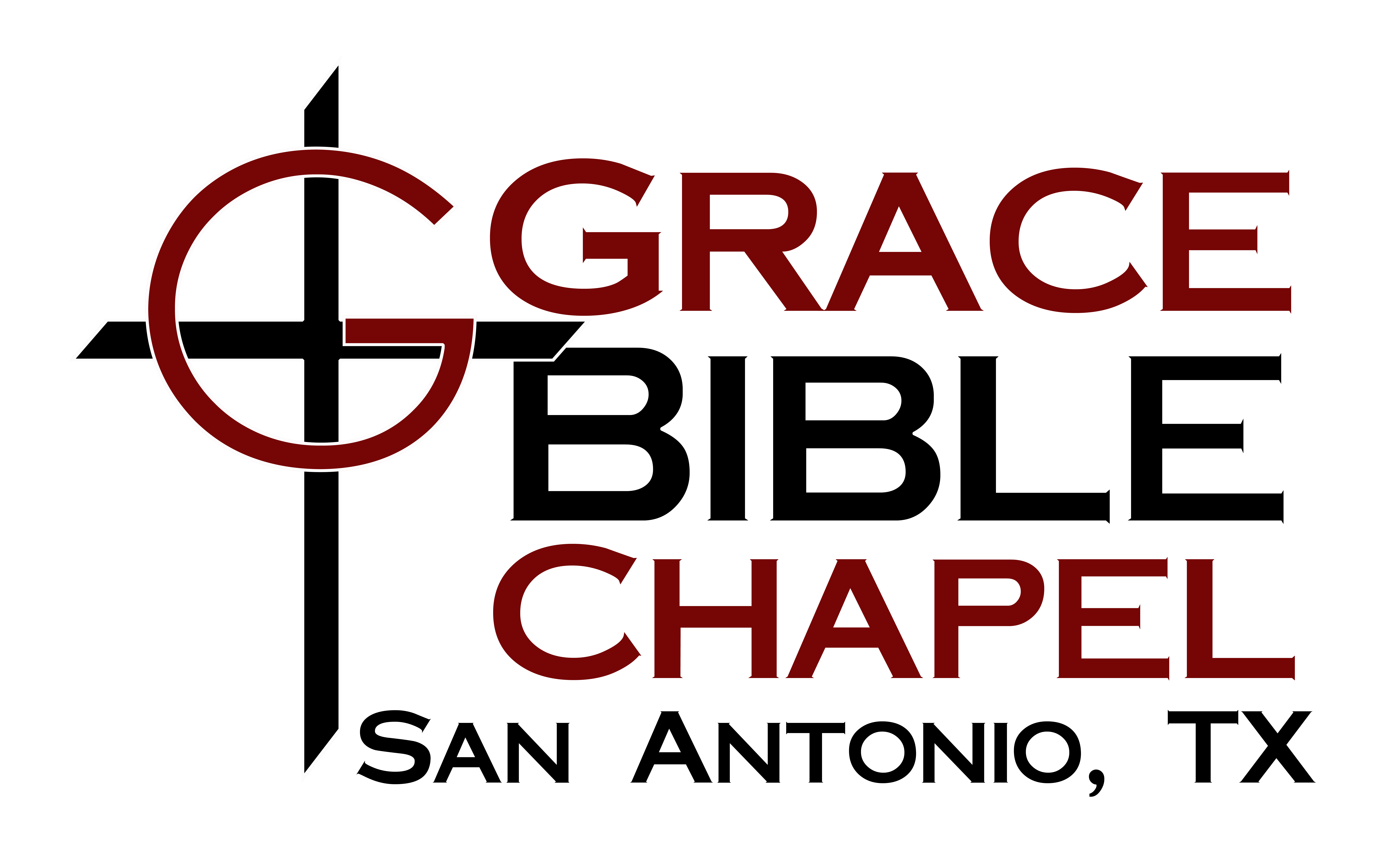
Pastor’s Thoughts – 11-24-2024
November 21, 2024
Pastor’s Thoughts – 12/08/2024
December 5, 2024“Preoccupied with ourselves, we have lost the grace of being thankful. It is sad to live in a world where there is no one to thank because we have ourselves become the cause and source of all good things.”
John Hannah
On Thanksgiving Day most of us sit down to a scrumptious meal. I hope as you did you did so with true gratitude in your heart. Every good thing we have comes from God (James 1:17) and having a bountiful tasty meal with those we love is the absolute picture of blessing which should be accompanied by a sincere gratitude to God. A peculiar situation came to my mind regarding a meal and its blessing. We know that those in Christ are promised to sit down in a future glorious day with our Lord at the Marriage Supper of the Lamb. Oh, what a time that will be! But we should not take the reality of it casually. There is a picture in God’s Word for us of our unworthiness to sit with our King at His table and that is found in 2 Samuel 9:5-8. Through a long series of great trials and difficulties David became king of Israel. After things settled, he sought to show kindness to Saul’s house, even though Saul was his enemy and had sought to kill him. In doing so he found that a son of Jonathan, Saul’s son whom David loved, had a crippled son named Mephibosheth. David then invited Mephibosheth to join him at his table not just once but regularly. One of the most striking statements of gratitude is displayed by Mephibosheth when he comes to the king’s table and encounters David. He prostrated himself and said, “What is your servant, that you should regard a dead dog like me” (2 Sam. 9:8)? Beloved, Mephibosheth is a type of all of us in Christ Jesus that have been given mercy, although we are truly as unworthy as dead dogs.
King David himself, known as a man after God’s own heart, gives us a striking inspired x-ray of true gratitude as we consider our thankful response to God. In Psalm 103, David pours out his heart before God. Think for a moment of the magnitude of what he says. “Bless the Lord, O my soul, and all that is within me, bless His holy name” (Ps. 103:1). Bless is a Hebrew word which means set apart in a place that is far above all else. This is so important to David that saying it only once was inadequate. He repeats it in verse 2. The word soul is speaking of that which is the very essence of life. It has to do with David’s very being. He expresses this with an “O” which is a manner of describing the depth of his intention. In other words, David is giving a boundless profound reaction to God for all His blessings. He is making an exhaustive declaration. He goes further with a graphic illustration. He says, “And all that is within me, bless His holy name.” We often speak of the work of God being something that occurs within us. The idea of within us is the idea of who we really are in our unseen person that defines us before God. It is the us that resides within the framework of our bodies. David is saying, all of my heart, will, spirit, affections, understanding, thoughts, and everything that I am is desiring to engage in my thankfulness to God to the fullest measure. Think of a simple illustration of emptying our pockets. We turn them inside out. This is what David is saying he is doing with his person before God. The phrase, “And all that is within me,” means with everything he possibly has of himself, he is thanking God and leaving nothing out.
In verse 2 David adds, “And forget none of His benefits,” which is then followed by a list of things we often take for granted or expect. For this very reason he reminds us of the incomprehensible value of what God does for those who love Him. For we are as Mephibosheth likened to “dead dogs.” David lists first that which is foremost and of greatest infinite value, “Who pardons all your iniquities?” Without God’s glorious, undeserved pardon to us, all our other benefits are temporary and useless. All forgiveness comes from Him, and with our benefit of forgiveness we are back to what I stated at the beginning with the most blessed benefit being our possession of a restored relationship with God into eternity. He freely forgives us and does so at a price beyond infinite measure. He justified and forgave us by placing His perfect Son to suffer for our sins in our place. David does not end the Psalm at forgiveness. He goes on to address the benefits God brings for His children in this life, and then closes this wonderful Psalm once again by stating, “Bless the Lord, O my soul!” I hope you have the same attitude as King David deep within your soul, and with it the same sense of awe that you have not the adequate words to express your gratitude. We have nothing to offer our God. Yet, the one thing we can give Him is our hearts in thanksgiving fully expressing our love to Him. This is something we should do, not only in the season of Thanksgiving, but each day. We should praise Him with our lives and with our lips. Bless the Lord O my soul!


